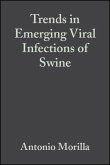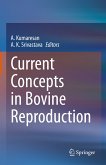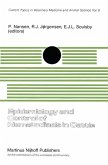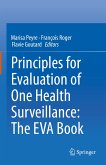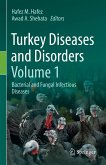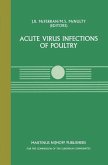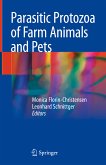The textbook also discusses surveillance and monitoring techniques for detecting zoonotic diseases in swine populations, highlighting threats posed by pathogens such as Swine influenza, Nipah virus, and Streptococcus suis. Further chapters emphasize emerging viruses, parasitic worms, and bacterial infections. Additionally, it covers the role of vaccination, diagnostic techniques, and biosecurity measures in controlling and mitigating these diseases, while also addressing the importance of risk communication and education in raising awareness.
This textbook is relevant for veterinarians, researchers, policymakers, and public health professionals alike, providing insights into the intersection of swine health and public health. It also serves as a resource for professionals seeking to understand and address the challenges of swine zoonoses.
Dieser Download kann aus rechtlichen Gründen nur mit Rechnungsadresse in A, B, BG, CY, CZ, D, DK, EW, E, FIN, F, GR, HR, H, IRL, I, LT, L, LR, M, NL, PL, P, R, S, SLO, SK ausgeliefert werden.



